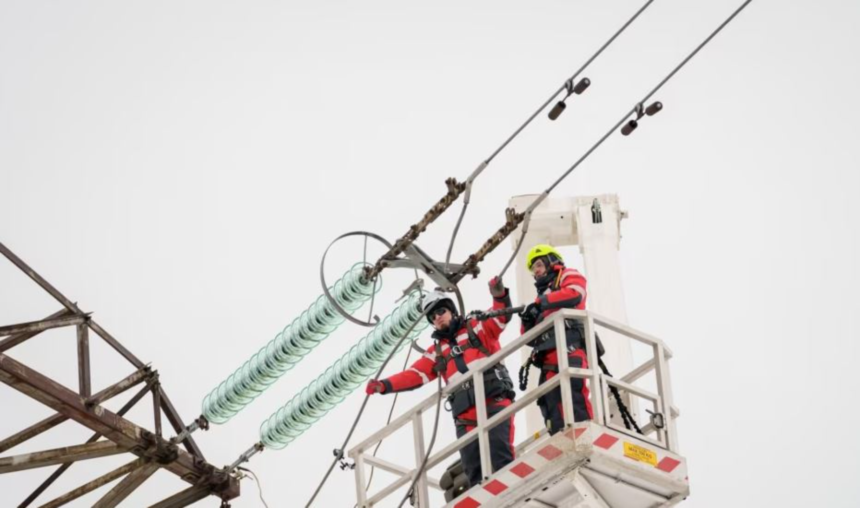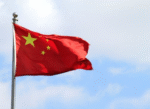On February 8, the three Baltic states disconnected from Russia’s electricity grid and joined the European Union’s network.
This marks the culmination of a years-long process that gained urgency after Moscow’s invasion of Ukraine in 2022.
Estonia, Latvia, and Lithuania – once Soviet republics and now members of the EU and NATO – aim to block Russia’s ability to use energy as a tool for geopolitical blackmail.
“We have removed any theoretical possibility for Russia to use control over the energy network as a weapon,” said Lithuanian Minister of Energy Zygimantas Vaiciunas in an interview with AFP.
EU’s top diplomat, Kaja Kallas, former Prime Minister of Estonia, on Friday described the Baltic states’ disconnection from the Russian network as “a victory for freedom and European unity.”
Vaiciunas stated that the Baltic states completed the disconnection process at 9:09 AM on Saturday.
“We have been waiting for this moment for a long time,” Vaiciunas said.
“The energy system of the Baltic states is finally in our hands. We now have control over it,” he added.
After the disconnection, the Baltic states are now operating in “isolated mode,” before fully integrating into the European grid on Sunday.
Official celebrations will be held in the three Baltic states to mark their disconnection from the Russian grid.
For a long time, the Baltic region had been preparing for integration into the European grid but faced technological and financial obstacles.
The urgency to disconnect from Russia’s energy grid grew following Russia’s full-scale invasion of Ukraine in 2022, which raised fears among the Baltic states that they might be the next targets, as reported by REL.
After the invasion began, the Baltic states stopped purchasing Russian gas and energy, but their energy grids remained connected to Russia and Belarus, controlled by Moscow.
The EU has significantly reduced its consumption of Russian energy since the onset of the war in Ukraine.







